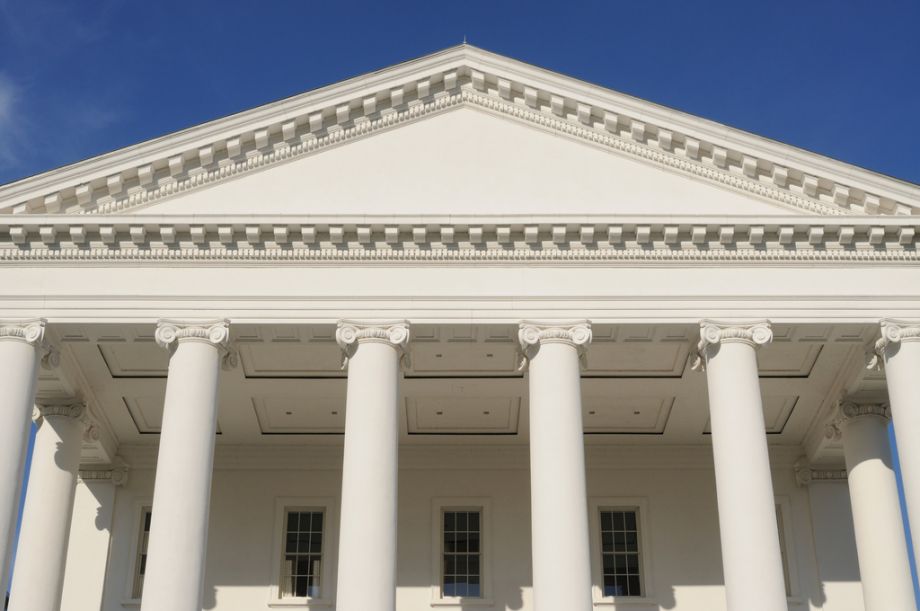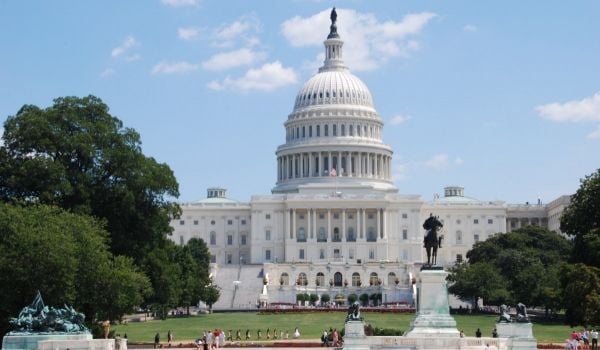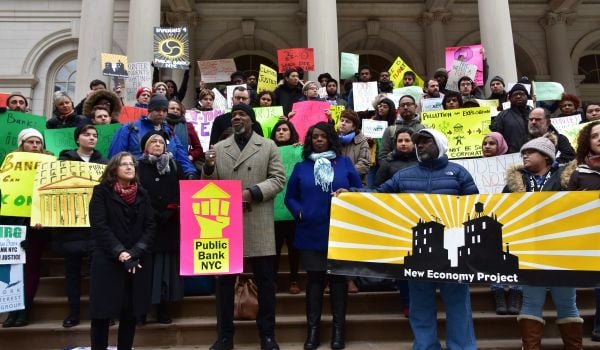The modern information age ushered in by the rise of computers and the Internet has made the transfer of knowledge a rather trivial matter. What once took many hours of time and labor to gather and disseminate now takes a few minutes, if not seconds. Consequently, there’s a growing expectation for people to have instant access to all sorts of information these days.
We’ve seen this expectation for greater information access increasingly placed upon governments, which maintain vast troves of public data. Partially in response to this growing desire, the Obama administration published its Open Government Directive one year ago this month, calling on the federal government to become more transparent, participatory and collaborative. Since then, there has been an explosion of new open government efforts around the country — not only at the federal level, but at the state and local level as well — and a number of agencies and cities have successfully created public data catalogs, developed new web and mobile apps, and embraced social media.
Yet, if you spend any time with folks working in the open government movement, you can’t help but feel that the overall mood is less jubilant. Last year’s excitement has given way to the reality of making open government actually work – a task that has turned out not to be as easy as some thought.
Part of the problem is that the public sector has been slow to adopt some of the same technologies and practices that have allowed for the free flow of information outside the government realm. This of course takes time to fix, but is surmountable (especially with things like cheap cloud computing and open source software). But ultimately, the slow progress of the open government isn’t an IT issue – its a structural issue.
Modern democratic governments are essentially comprised of two types of people – elected officials (and their appointees), and civil-service bureaucrats. The adversarial nature of the political system means that elected officials want to gather and keep as much power as they can to move their policies forward. Bureaucrats, while technically politically neutral, face incentives to keep the elected officials who control their budgets happy (as well as justify their need). Neither the politician nor the bureaucrat have any real incentives to be “open” about what’s really going on, or to collaborate with others who don’t share their opinion. Thus the ideas behind open government fly in the face of how government is structured (quarky case in point here).
The recent publication of thousands of diplomatic cables by WikiLeaks — while certainly an extreme example — highlights the tension between the desire to lay open government data and to keep it locked up. While most sensible people can agree that there is a need to keep some subset of information out of the public for security and privacy reasons, the vast majority of leaked information was not classified. Yet, the embarrassing nature of the information for those involved could create a backlash among officials regarding the risks and consequences of making information public.
Even in one of the more “open” cities in America, New York, the traditional incentives of politics work against the principles of transparency, participation and collaboration. Over the past couple years, the city has taken steps to make city data available online, sponsored an apps competition two years running, and launched a recent effort to get residents’ input on one of three proposed designs for the new city’s taxi fleet. Yet last month, the Mayor announced his unconventional pick for a new school system chancellor with no public input. While the resulting outcry hopefully sent a message against such “closed” government actions, the incident highlights how politicians remain reluctant to make the business of governing more transparent.
All of this is not to say that open government is doomed. There are certainly politicians and government officials who recognize that a more open style of governing is perfectly workable (though they aren’t always rewarded — as evidenced by the departure of Washington, D.C. CTO Bryan Sivak). And some politicians are now even campaigning on an open government platform. We need more of this.
Ultimately, when more people start casting votes for more open government, things will really start to change. Until then, we can only help those politicians and public servants in government today recognize that the benefits of open government outweigh any of the risks — however embarrassing they might be.
















